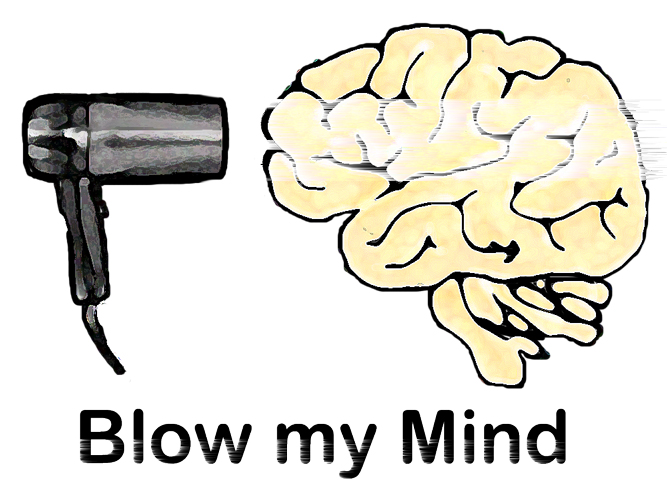So I'd like to start off by addressing the essay "No, Hope Solo Is Not "Like" Ray Rice," by Ta-Nehisi Coates. I agree that for the majority of human history, males were the gender legally and socially afforded more power, often to extreme extents such as classifying females as subservient or even property. These were egregious errors that I hold in the same contempt as the practices of slavery and genocide. However, I disagree wholeheartedly with Coates' assertion that the alleged actions of Hope Solo, an American soccer Olympian (that she repeatedly and viciously assaulted her younger siblings), do not qualify her to be associated with the actions of Ray Rice, a professional football player famous for the video that shows him punching his future wife into unconsciousness, then dragging her limp body out of the elevator they had been sharing. The reason I disagree is that the author of this essay does not defend Solo's actions based on the dynamic differences between the relationships, which do not necessarily excuse or even mitigate the severity of the situation, but because Coates chose to, in my opinion, use the history of patriarchal society to diminish the severity of the allegations against Hope.
Implying that historical inequalities in someway excuse a crime is a concept that angers me for a couple reasons. First, most of us are taught from childhood that two wrongs don't make a right, a concept I hold in high regard. as I mentioned before, these historical inequalities are a blight on our history, but excusing crimes committed contrary to their cultural standard will in no way atone for the blight. Second, the alleged victims of Solo took no part in the historical inequality. They were not subject of righteous revenge, but innocent victims. If you agree with my arguments, the points that the Coates chose to argue are totally irrelevant. The stereotype of the aggressive male does not change the fact that Hope Solo and Ray Rice are comparable. Both are professional athletes, and both are violent criminals. Their gender has no effect on their guilt.
Next comes a happier subject (for the most part). "The State of Women's Athletics, 40 Years After Title IX," buy Maya Dusenbery and Jaeah Lee demonstrates the unintended positive effect that a law meant to concern the workforce had on the fields of both female and coed athletics. Because of the patriarchal standards mentioned recently, sports were taboo for females until this anti discrimination law was passed. After title IX was passed, the participation of females in athletic programs skyrocketed, with just one in twenty seven females participating in high school sports when the law was introduced in 1972, to two in five currently. While this is an amazing trend, there is still a gap to close. None of the major professional sports (MLB, NFL, NHL) include any females in their teams, despite the
comperable talent and performance occasionally exhibited. In addition, female sports still receive a fraction of the funding and support of their male counterparts. There is obviously still a stereotype at play here, and it is preventing females with skills equal to, or even greater than their male counterparts from entering the level of professional play they are qualified for.
Though I have focused exclusively on gender stereotypes and their negative effects up until now, I believe the general nature of the argument made in
Paul Bloom's TED Talk is not only valid, but very important. Stereotypes are a product of evolution and personal experience. They are an important tool we use constantly to survive, whether we realize it or not. Categorizing a dog that raises it's hackles as a dog we should not pet is a useful example. This is a stereotype, as we expect a dog acting in this manner to be prone to violence, which it statistically is.
 |
| Don't Want! |
The Problem comes when we overreact and fail to apply reason to the situation. The dog may have no intention of inflicting harm in any situation, and is merely afraid; the dog may intend to react violently if attacked itself, but will change it's attitude completely when treated with compassion; or the dog may intend to react violently regardless.
 |
| Oh okay. Want. |
In my experience the first two situations are much more probable, but the third situation certainly does exist. It is when people interpret the raised hackles as only indicative of the third scenario that stereotypes become a real problem. Just because the dog raises his hackles doesn't mean he is viscous, just because a human is a man doesn't mean he hates women, just because a human is a woman doesn't mean she is manipulative, and just because a man is Muslim doesn't mean he is a terrorist. It is not bad to believe in stereotypes, in fact you need them to survive, but if you refuse to temper your stereotypes with logic and qualify them with observations, you are failing to recognize that no two organisms or situations are the same, and therefor no stereotype can apply to any one person. Holding a stereotype as absolute may be even more harmful than holding none at all.







